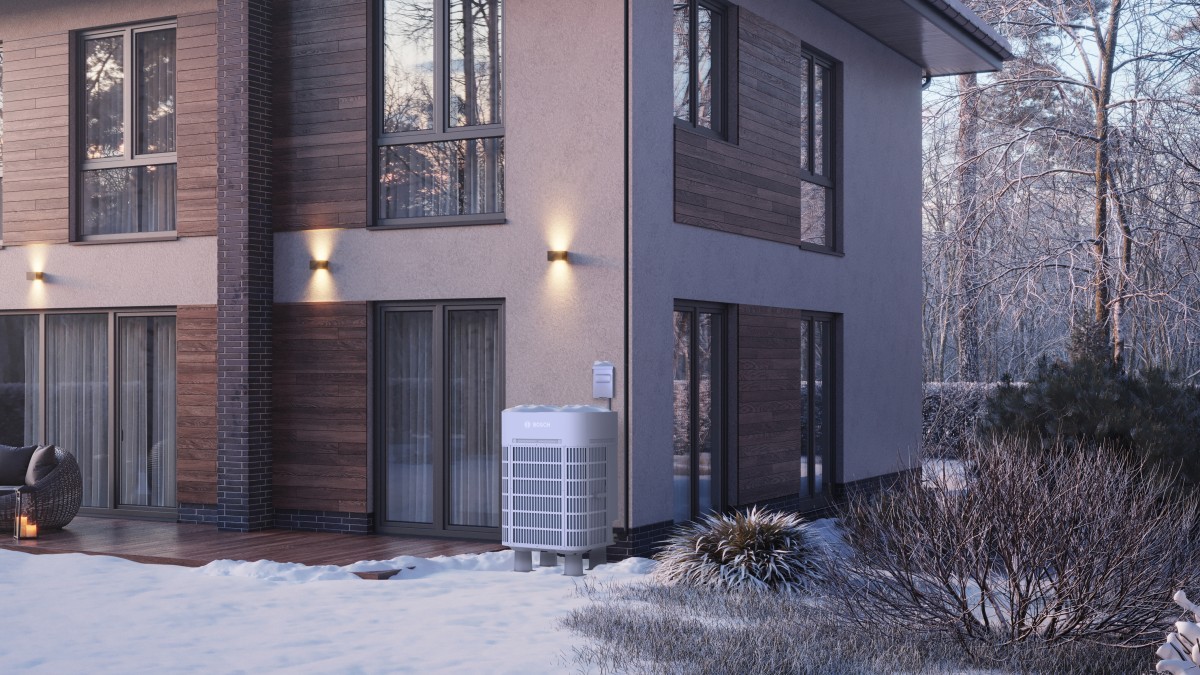
A majority of Americans experience cold weather each year. In January 2025, around 75% of the contiguous United States – more than 254 million people – encountered temperatures below freezing.
This is why the assumption that heat pumps can’t perform in cold temperatures is harmful – it risks millions of Americans believing they can’t enjoy the same efficient home comfort as those in warmer climates.
We’re here to set the record straight on how heat pumps fare in colder climates by answering some of the most common questions we get from homeowners considering whether a heat pump is right for them.